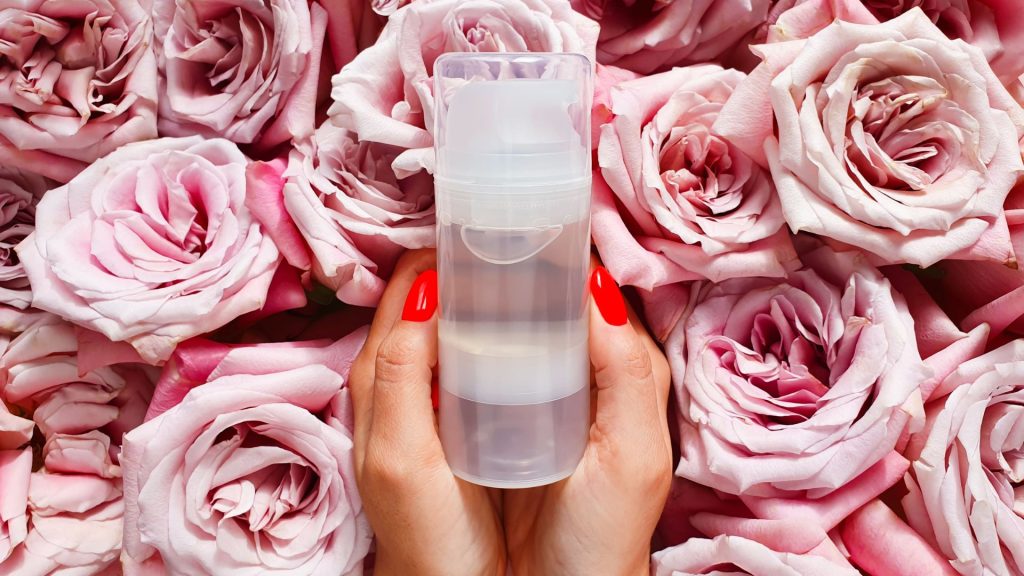Vaginal moisturizers and lubricants come in various forms, from creams and gels you apply with your fingers to suppositories, some of which contain hyaluronic acid shown to increase tissue hydration while decreasing friction during intercourse.
However, they’re unlikely to address the root cause of dryness, which is usually linked with hormonal and cellular changes associated with menopause and perimenopause. Food and Drug Administration-approved treatments like estrogen therapy could more efficiently address this issue.
What is a vaginal moisturizer?
Vaginal moisturizers are nonhormonal products designed to add moisture back into the vulva, similar to how body lotion helps soften dry arms and legs. Available both over-the-counter as well as via prescription, vaginal moisturizers can provide much-needed hydration.
Moisturizers may be used alone or combined with lubricants like glycerin. Moisturizers must be applied regularly — typically every day or every other day — in order to work. Since they can become quite messy when applied directly onto the skin, if you plan on using one it would be wise to wear a panty liner while using moisturizer.
Women experiencing severe vaginal dryness and irritation during perimenopause and postmenopause can benefit from using both moisturizer and lubricant products, as the latter reduces friction during sexual activity, lessening discomfort while making intercourse more pleasurable. Meanwhile, moisturizer provides long-term moisturization which enhances comfort during daily activities as well as intimate activities.
How to use a vaginal moisturizer
Moisturizers and lubricants don’t address the underlying cause of dry vaginal tissue, but they can provide temporary relief. A moisturizer is designed to nourish vulva and vaginal tissue with gentle ingredients such as hyaluronic acid that draw in moisture to keep things supple and comfortable.
Ideal vaginal care includes using a moisturizer daily (or as recommended by its manufacturer) and applying lubricants before or during sex. Some moisturizers come in applicator bottles that allow you to place the product directly into your vulva; other products come packaged in bottles so you can apply with your finger.
Consider investing in long-lasting vaginal moisturizers such as Replens Long-Lasting Vaginal Moisturizer or Ah! Yes Vulvar Moisturizer Gel that are fragrance free. These products work by gradually releasing water over up to three days, replenishing dry tissues. Many women report experiencing less painful intercourse after using such products; additionally, their hyaluronic acid helps heal both vulvae and vaginae lining.
What are the ingredients in a vaginal moisturizer?
Vaginal moisturizers come in the form of creams or gels you apply with an applicator to the inside of the vagina or vulva, or they may come as suppositories (pills you take internally that gradually dissolve as they enter your system). Many contain an active ingredient called hyaluronic acid – similar to what’s found in skin care products that promise deep hydration by binding water molecules together – for maximum deep hydration.
Vaginal moisturizers designed for this use must also be iso-osmotic with vaginal tissues; that means they release hydration only as the tissues require it without forcing or pulling in excessive water from outside sources. Facial moisturizers on the other hand typically force excessive water into skin layers by forcing hydration from within; most women can benefit from using at least three vaginal moisturizers each week; to find one tailored specifically to you, consult with a healthcare provider regarding which ones may work best during menopause, pregnancy breastfeeding cancer treatments or medications prescribed to alleviate symptoms associated with vaginal dryness caused by menopause or other reasons such as pregnancy breastfeeding cancer treatments or medication prescribed from them.
What are the best vaginal moisturizers?
There are various kinds of vaginal moisturizers. One option is a gel or cream you apply directly with your fingers; another type is known as a vaginal melt (suppository; see: suh-PAH-zih-TOR-ee), with an applicator shaped like a tampon that you insert directly into the vagina. There are also natural oil balms such as Ah! Yes that come equipped with eight prefilled, disposable applicators.
Vaginal moisturizing products should generally be applied twice per week, although you can also use them before or during sexual encounters as needed.
Good Clean Love’s FemiClear vaginal moisturizer is a perfect example of such an exceptional product; fragrance-free and packed with hyaluronic acid for deep hydration of delicate tissue, Dr. Montes recommends it and it can even help those suffering from conditions like Vulva Atrophy.


